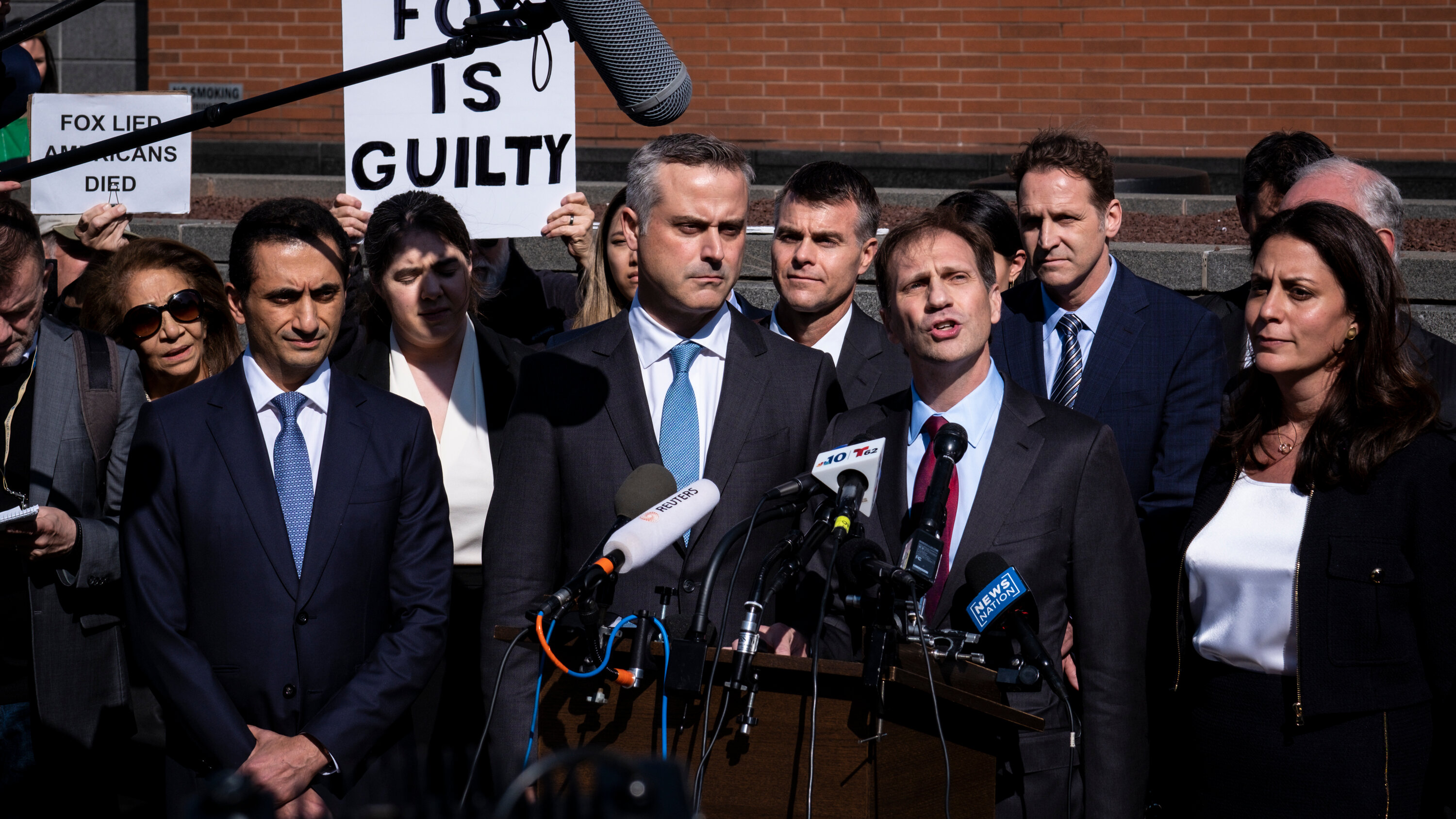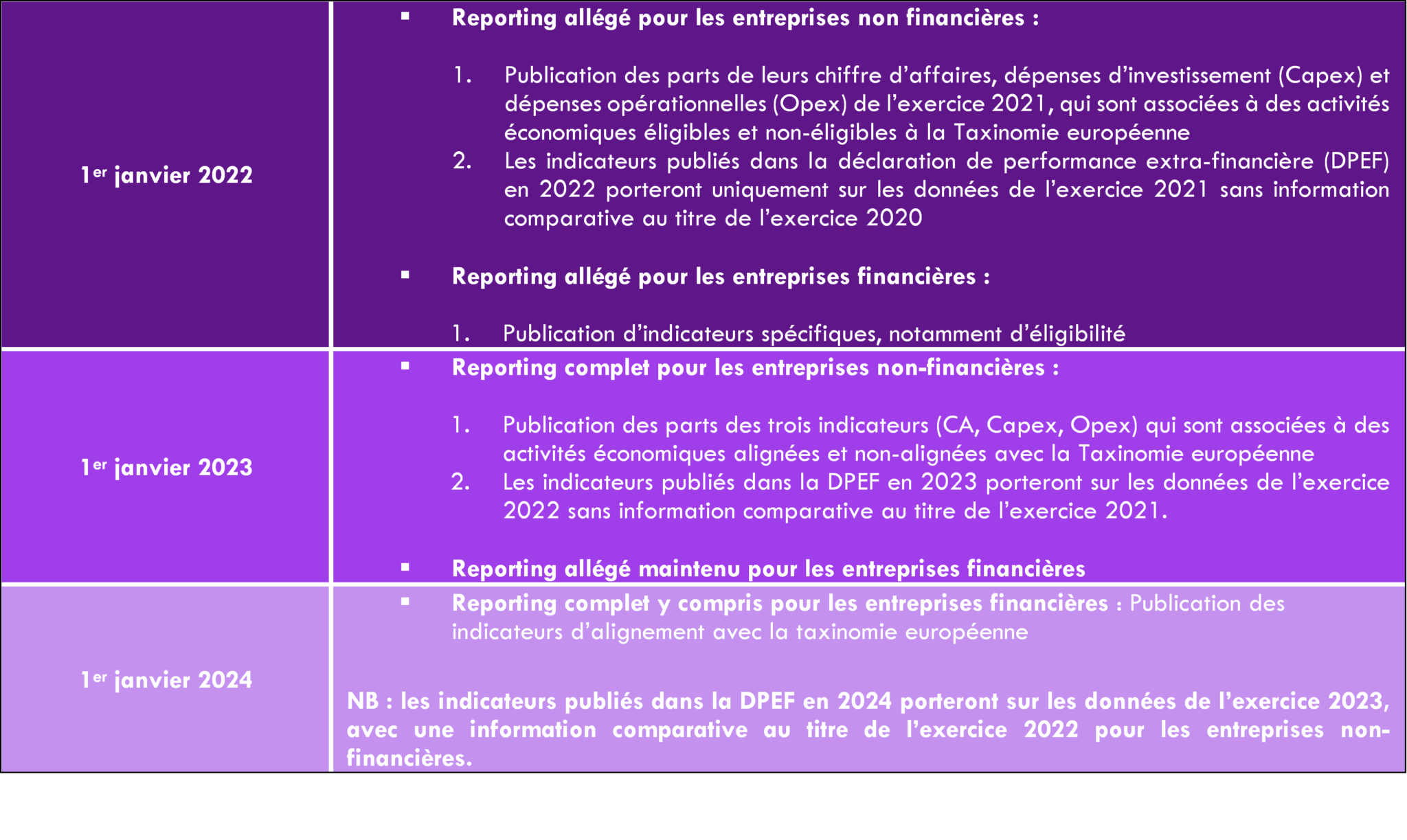OpenAI Facing FTC Investigation: Examining The Regulatory Landscape Of AI

Table of Contents
The FTC Investigation of OpenAI: Key Allegations and Implications
The FTC's investigation into OpenAI, while still ongoing and with details emerging gradually, centers around concerns regarding the potential for unfair or deceptive practices related to data privacy and consumer protection. While the specifics of the allegations remain partially undisclosed, public statements suggest a focus on how OpenAI handles user data and the potential for its models to generate misleading or harmful content.
-
Allegations of unfair or deceptive practices related to data privacy: This likely involves scrutinizing OpenAI's data collection practices, the use of user data in training its models, and the transparency provided to users about how their data is utilized. Concerns about compliance with regulations like COPPA (Children's Online Privacy Protection Act) in relation to children's data used in training are also possible.
-
Potential violations of consumer protection laws: This could encompass allegations related to the accuracy and reliability of OpenAI's AI models, the potential for misuse by malicious actors, and the lack of adequate safeguards to prevent harm. The FTC might examine whether OpenAI adequately warned users of potential risks associated with using its technology.
-
The impact on OpenAI's reputation and future development: The investigation casts a shadow over OpenAI's reputation and could lead to significant financial penalties, limitations on its operations, and stricter regulatory oversight. It sets a precedent for other AI companies, encouraging them to proactively address potential legal and ethical concerns.
-
The broader implications for the AI industry: This investigation signals a turning point for the broader AI industry, indicating a shift towards more stringent regulatory scrutiny and a potential slowdown in the rapid development and deployment of AI systems until clearer guidelines are established.
The legal ramifications for OpenAI are significant. The FTC could issue cease-and-desist orders, impose substantial fines, or even seek structural remedies, potentially impacting OpenAI’s business model. The legal arguments will likely revolve around the interpretation of existing laws and whether they adequately address the unique challenges posed by generative AI. The outcome will greatly influence the future development of AI regulation globally.
The Current State of AI Regulation Globally
The regulatory landscape for AI is rapidly evolving, with different jurisdictions adopting diverse approaches.
-
EU's AI Act: The EU's AI Act is a landmark piece of legislation aiming to classify AI systems based on their risk level and impose different regulatory requirements accordingly. This includes strict rules for high-risk AI systems, impacting companies like OpenAI that deploy AI for various applications, potentially requiring extensive risk assessments and compliance procedures.
-
US AI regulation efforts: The US currently lacks a comprehensive federal AI law but is seeing increased activity at both the federal and state levels. Various bills are under consideration, addressing specific aspects of AI, such as algorithmic bias and data privacy. Different states are enacting their own AI-related regulations, leading to a fragmented and potentially inconsistent regulatory environment.
-
International collaborations on AI governance: International organizations like the OECD are facilitating discussions and collaborations to promote the development of responsible AI, including exploring potential international standards and best practices for AI governance. However, reaching global consensus on complex technical and ethical issues remains a significant challenge.
Comparing these approaches reveals differing priorities. The EU prioritizes a risk-based approach with strict rules for high-risk applications, while the US approach is currently more fragmented and focused on specific issues. The challenge lies in balancing the need for innovation with the protection of consumers and society.
Challenges in Regulating AI
Regulating AI presents unique challenges due to its rapid evolution and multifaceted nature.
-
Defining AI and its various applications: The very definition of "AI" is constantly evolving, making it difficult to create clear and encompassing regulations. The range of AI applications—from self-driving cars to medical diagnosis tools—requires tailored approaches.
-
Balancing innovation with consumer protection: Regulations must strike a balance between fostering innovation and preventing harm to consumers. Overly restrictive regulations could stifle innovation, while insufficient regulations could lead to significant risks.
-
Establishing clear guidelines for data privacy and security: AI systems often rely on vast amounts of data, raising concerns about privacy and security. Regulations must address data collection, storage, processing, and usage, ensuring compliance with existing data protection laws.
-
International harmonization of regulations: The global nature of AI development requires international collaboration to establish consistent standards and avoid regulatory arbitrage. Achieving harmonization is complex due to differences in legal systems and cultural values.
Ethical considerations, such as algorithmic bias and the potential for AI to exacerbate existing social inequalities, are paramount in shaping effective AI regulation. Algorithmic accountability mechanisms are necessary to ensure fairness and transparency in AI systems.
The Future of AI Regulation and its Impact on Businesses
The future of AI regulation points towards increased scrutiny of AI companies.
-
Increased scrutiny of AI companies: We can anticipate more frequent and intensive audits, investigations, and enforcement actions against AI companies. Companies will need robust compliance programs to manage potential regulatory risks.
-
The need for greater transparency and accountability in AI development: Transparency in algorithms, data sources, and decision-making processes will be crucial. Companies will need to demonstrate accountability for the outcomes produced by their AI systems.
-
The potential for significant changes in business models and practices: Regulations could significantly impact business models, necessitating changes in data handling, product development, and risk management strategies.
-
Opportunities for responsible AI development and deployment: Companies that proactively embrace responsible AI development practices will be better positioned to navigate the evolving regulatory landscape and gain a competitive edge.
Businesses must adopt proactive strategies to manage these changes. Industry self-regulation, alongside government oversight, is essential. Prioritizing ethical AI development, investing in transparency initiatives, and establishing robust compliance programs are key to success in this evolving environment.
Conclusion
The FTC investigation into OpenAI underscores the critical need for a robust and comprehensive regulatory framework for AI. While the challenges are significant, the development of effective AI regulation is essential to mitigate risks, protect consumers, and foster responsible innovation. Navigating this evolving landscape requires a proactive approach from businesses, policymakers, and the AI community. Staying informed on the latest developments in AI regulation and adapting business practices accordingly is crucial for success in the age of artificial intelligence. Understanding the implications of the OpenAI case and other ongoing regulatory efforts is vital for all stakeholders involved in the development and deployment of AI technologies.

Featured Posts
-
 Ray Epps Defamation Lawsuit Against Fox News Key Details And Allegations
Apr 30, 2025
Ray Epps Defamation Lawsuit Against Fox News Key Details And Allegations
Apr 30, 2025 -
 Gript Otstpva Pred Toplite Dni Prognoza Na Prof Iva Khristova
Apr 30, 2025
Gript Otstpva Pred Toplite Dni Prognoza Na Prof Iva Khristova
Apr 30, 2025 -
 The Reality Of Farm Life Amanda Owens Honest Account
Apr 30, 2025
The Reality Of Farm Life Amanda Owens Honest Account
Apr 30, 2025 -
 Restavratsiya Na Trakiyski Khramove Iskaneto Na Kmeta Na Khisarya
Apr 30, 2025
Restavratsiya Na Trakiyski Khramove Iskaneto Na Kmeta Na Khisarya
Apr 30, 2025 -
 Rapport Amf Mercialys Analyse Du Document 2025 E1022016 25 02 2025
Apr 30, 2025
Rapport Amf Mercialys Analyse Du Document 2025 E1022016 25 02 2025
Apr 30, 2025
Latest Posts
-
 Popular American Cruise Lines Reviews And Comparisons
Apr 30, 2025
Popular American Cruise Lines Reviews And Comparisons
Apr 30, 2025 -
 6 Doi Thu Thua Cuoc Tam Hop Vuon Len Trung Thau Du An Cap Nuoc Gia Dinh
Apr 30, 2025
6 Doi Thu Thua Cuoc Tam Hop Vuon Len Trung Thau Du An Cap Nuoc Gia Dinh
Apr 30, 2025 -
 Best Cruise Lines In The Usa For 2024
Apr 30, 2025
Best Cruise Lines In The Usa For 2024
Apr 30, 2025 -
 Ipo
Apr 30, 2025
Ipo
Apr 30, 2025 -
 Cap Nuoc Gia Dinh Tam Hop Khang Dinh Uy Tin Qua Chien Thang Goi Thau
Apr 30, 2025
Cap Nuoc Gia Dinh Tam Hop Khang Dinh Uy Tin Qua Chien Thang Goi Thau
Apr 30, 2025
